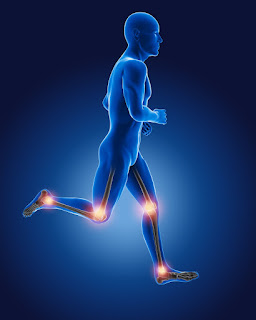National Science Day: Exploring the Science of Nutrient-Rich Foods

National Science Day: Exploring the Science of Nutrient-Rich Foods Sir C.V. Raman, an Indian scientist, discovered the Raman Effect in 1928, which is remembered on National Science Day every year. This day serves as a reminder of the critical role that scientific discovery and innovation play in shaping our view of the world. Understanding the nutritional science behind varied foods is one area where scientific research contributes significantly. In this post, we'll look at the science behind nutrient-dense meals and how they benefit our health and well-being. The Science of Nutrient-Rich Foods: Nutrient-dense foods have a high concentration of important nutrients relative to their caloric content. Vitamins, minerals, protein, fiber, healthy fats, and antioxidants are all essential elements for the body's optimal health and performance. The nutritional science behind these foods entails researching their composition, bioavailability, and pot...



.jpg)



.jpg)